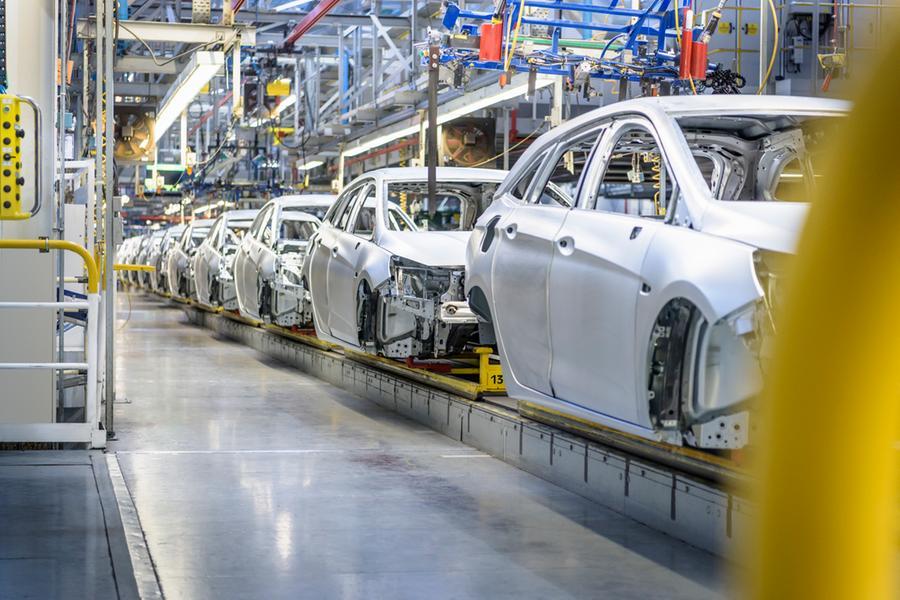
In a bid to revive its stagnant automotive industry, Algeria has announced a sweeping political decision to centralise control of the sector at the highest level of government, removing key responsibilities from its industry ministry.
The surprise move was unveiled on Monday, July 7, during a Council of Ministers meeting, and is seen as a pivotal effort to restore confidence and accelerate long-delayed growth in the sector.
For years, Algeria has struggled to capitalise on its significant domestic demand for vehicles.
While neighbouring Morocco has turned its automotive sector into a major export engine and Tunisia continues to build industrial capacity, Algeria has faced persistent regulatory uncertainty, inconsistent policies, and a lack of clear direction.
The result has been a sluggish market marked by import restrictions, an underdeveloped local assembly ecosystem, and increasing public frustration.
The newly announced restructuring strips the Ministry of Industry of its authority over approvals and transfers it directly to the presidency.
By bringing these decisions under the executive’s purview, Algerian authorities are aiming to cut through administrative inertia and inject momentum into a market seen as crucial to economic diversification.
Until now, investors and manufacturers in the country were often left in limbo, with inconsistent policy signals and delayed approvals hampering progress.
“This move reflects a desire to end the cycle of waiting and indecision that has gripped the sector,” said a government source familiar with the reform discussions.
The Algerian automotive landscape has long been marked by contradictions: restrictions on imports, without the simultaneous development of a robust local manufacturing base.
These conflicting measures led to chronic vehicle shortages, affecting consumers and local dealers alike.
The new decision is intended to create a more coherent framework for both local and international players, with the presidency now serving as the main point of reference.
By streamlining decision-making and elevating it to the highest political level, the government hopes to reassure potential investors and create a predictable environment for growth.
This could prove vital as Algeria seeks to reduce its reliance on hydrocarbons and diversify its industrial base.
Observers say the impact of this decision will be measured not only by the speed at which approvals are now processed, but also by how consistently policies are implemented across the board.
In a competitive Maghreb region where automotive exports are fast becoming a strategic asset, Algeria’s move signals a clear intent to catch up.
With the right follow-through, Algiers could finally set the sector on a path toward sustainable expansion—and reclaim its industrial potential in a fast-evolving North African market.



